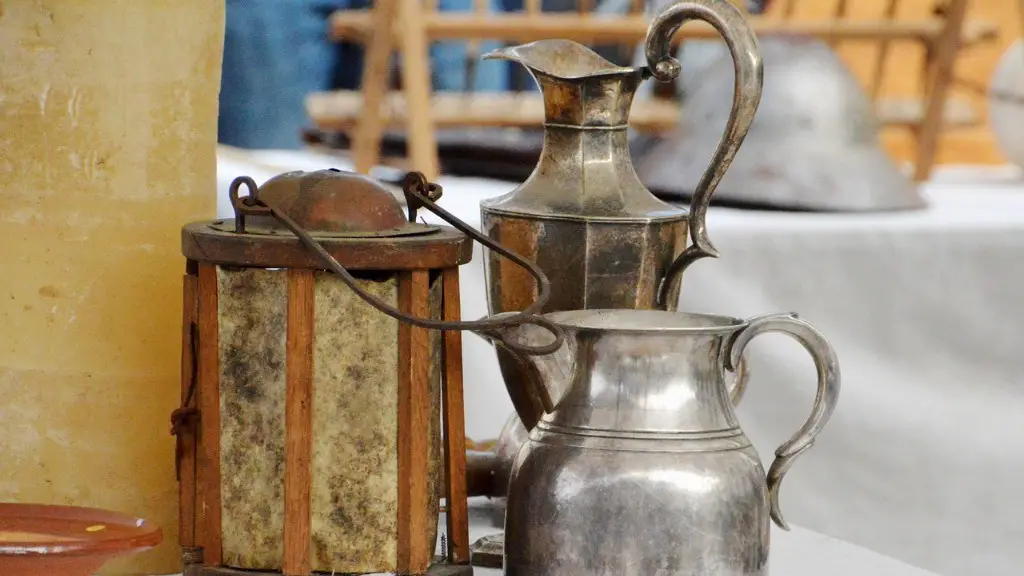Societal Structure
Life for a boy in Ancient Rome was heavily influenced by its highly structured society. Boys from wealthy and noble families typically attended school and received education, often from their parents or a tutor. Boys from poorer classes were more likely to work and may have trained in a trade, although they received minimal education. Boys were expected to obey their elders and to conform to traditional Roman values. They were taught respect and reverence for their elders, particularly their fathers. Boys during this time were expected to have a loyalty to their families.
Boys were also expected to act in a way that reflected the status of their family. For example, those belonging to wealthy families were taught to behave in a dignified and attentive way. Poor families however taught their sons to be frisky and playful, as they were not held to the same standard of behavior. Boys from each class were looked upon differently depending on their status. Wealthy boys were expected to be ambitious, responsible, and obedient. Poor boys however were kept to a much lower standard and were given less opportunity for success.
Religious Practices
Religious rituals were a major part of life for boys in Ancient Rome. Boys were taught to honor the gods by performing daily rituals or prayers. Boys from wealthy families were often educated on religious topics and would even participate in religious ceremonies. Boys from poorer families were not as lucky, and their knowledge of religion was limited to what they learnt from their home or the local temple. Boys of all classes were also expected to learn and follow the moral values of the time, such as being kind to others and not stealing or lying.
Religious holidays were also celebrated and boys of all classes were expected to participate. Boys attended religious ceremonies and celebrations to pay homage to their gods. They also participated in festivals and sporting events that celebrated the gods. Boys were usually the ones in charge of entertaining during festivals and celebrations. Their primary duties were to provide music, dance and other forms of entertainment to honor the gods.
Family Life
Family life, in particular the relationship between a father and son, was also a key factor in life for a boy in Ancient Rome. Fathers had the responsibility of teaching their sons the values of Roman society and ensuring that they were prepared for when they reached adulthood. They were also in charge of equipping their sons with the skills necessary for life in Roman society. Fathers and sons often had a special bond, where the father would not hesitate to give his son advice, guidance and love.
Boys were also expected to learn respect and obedience towards their father, and would follow his orders without hesitation. Boys in Ancient Rome were also expected to show respect towards their mothers and other figures of authority in their lives such as teachers and government officials. Boys would normally live with their families until they reached adulthood. Boys would sometimes also live with extended family such as grandparents or even uncles.
Education
Education was a privilege for boys in Ancient Rome and only those from wealthy families could afford it. Boys were taught to read, write and learn about literature, philosophy, mathematics and science. Wealthy Roman boys had access to private tutors who could teach them in the comfort of their homes. For boys of the lower classes, education was limited and they were often taught in the local church or by their parents. Boys from lower classes would also learn a trade or gain practical skills that would help them later in life.
Boys in Ancient Rome were also taught to read and memorize The Twelve Tables, an ancient Roman legal code. This code was engraved on twelve tablets and contained important information on laws related to crime, marriage and property. Boys were also expected to be familiar with the myths and legends of Ancient Rome. These were stories that reflected the values and customs of Ancient Rome, and boys were taught to recite and understand them.
Military Training
Boys in Ancient Rome were also expected to receive military training from a young age. This was important for boys of wealthy and noble families as it provided them with the skills needed for a successful military career in adulthood. Boys learnt how to fight with weapons, use shields, and march in an orderly manner. They were also taught military strategy and tactics. Boys from lower classes also received military training, although it was more focused on practical skills such as working with tools and equipment.
Military training was also a source of entertainment and boys often engaged in activities such as horseback riding, archery and throwing javelins. These activities helped boys to become familiar with weapons and also instilled discipline and obedience. Boys were also encouraged to compete against each other in these activities as a way to test themselves.
Sports & Recreation
Sports and recreational activities were also an important part of life for a boy in Ancient Rome. Boys of all social classes engaged in physical activities such as running, wrestling, swimming, chariot and horse racing. Boys of the wealthy classes were often given the opportunity to participate in these activities with the support of their families. Boys of the lower classes were not as lucky and had to find ways to participate in physical activities on their own. They often took part in informal sporting activities in their local towns and villages.
For boys of all classes, recreational activities such as theatre, poetry and music were also important. Boys attended theatrical performances and poetry readings and even wrote their own poems. Boys of wealthy classes were sometimes also taught music and could even become members of their father’s orchestra. Boys of the lower classes frequented local taverns and ate simple meals such as bread and cheese.
Conclusion
Life for a boy in Ancient Rome was heavily influenced by the societal structure of the time, religious practices, family life, education, military training and sports & recreational activities. Boys were expected to obey their elders and follow the customs of their society. Wealthy boys were given more opportunities for education and recreation, whilst boys from poorer families were kept to a much lower standard and had much fewer opportunities. Nevertheless, all boys were expected to follow the same moral principles and behave according to their family’s status.



